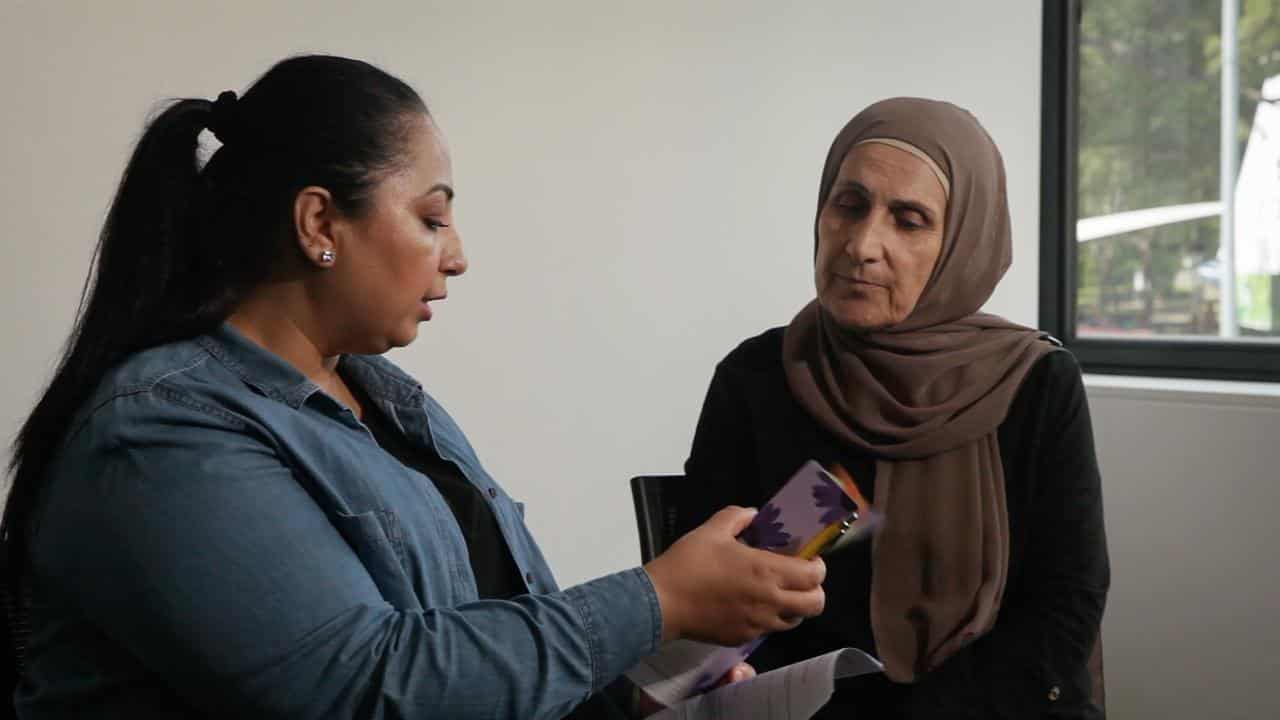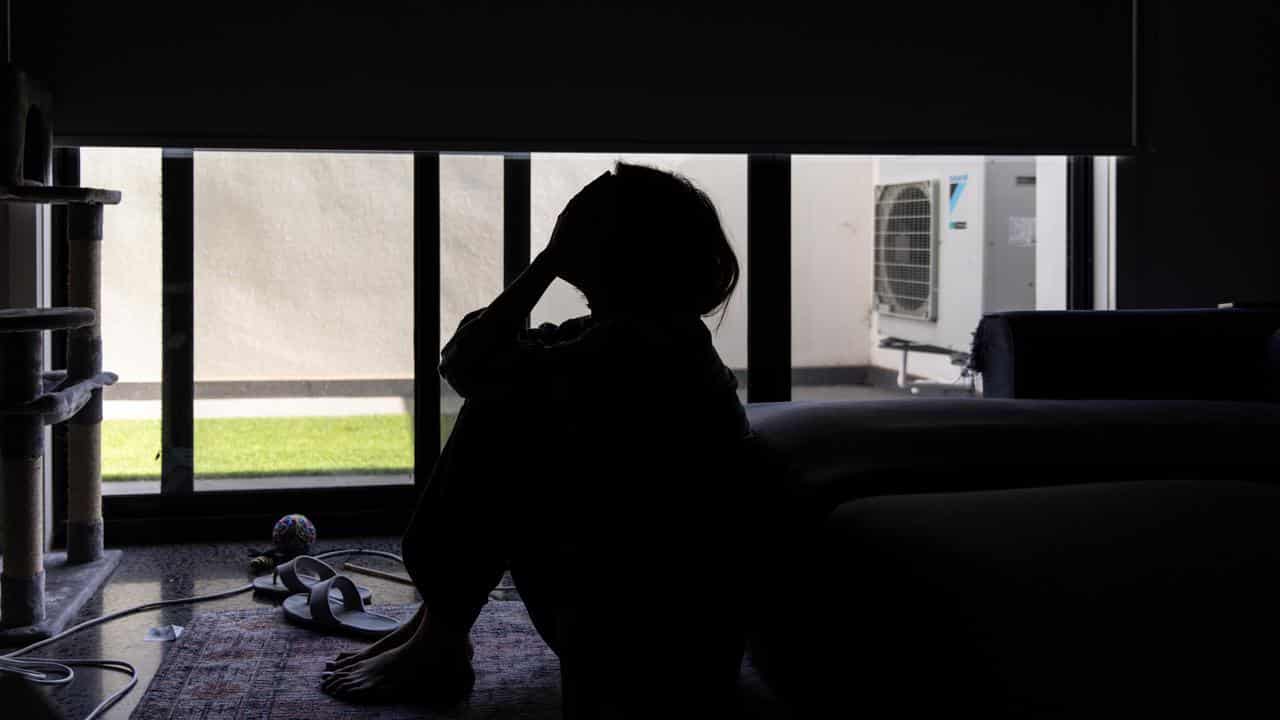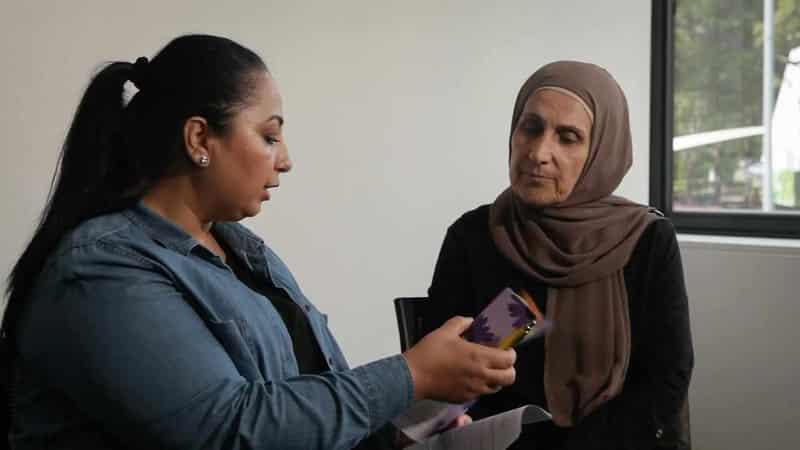
Nearly a third of refugee women who have come to Australia in the last five years have experienced some form of abuse from their partners in line with national rates, but face an additional set of fears.
A study by the University of Wollongong and Settlement Services International (SSI) published on Thursday evaluated a culturally tailored domestic violence screening process with women attending five refugee settlement services (four in Sydney, one in regional NSW).
The first of its kind in Australia, the project found screening at settlement services helped women speak up and get help.
Universal screening for intimate partner violence means asking some short, validated questions about current or recent experiences of being abused by their partner.
Nearly 355 women ranging in age from 18 to 80 and originating from 24 countries participated.

The largest group came from Iraq followed by Syria, China, Afghanistan and Iran, with most of them being in Australia for less than five years.
"Women who arrive in Australia through forced migration experience domestic violence at high rates, just as all Australian women do," Jo Spangaro, University of Wollongong Professor of Social Work, told AAP.
"However, they are more likely to remain in abusive relationships and less likely to report their experiences which heightens their vulnerability."
The government-funded Safety and Health after Arrival research project was conducted in several languages including Arabic, Farsi, Urdu, Chinese and Vietnamese.
Participants answered confidential questions such as "how has your husband/partner or ex-husband/partner done something to make you feel afraid, controlled your day to day activities, threatened to hurt you in any way?".
About 30 per cent of those screened disclosed some form of violence whether physical, verbal or coercive abuse.
The most frequently identified form of domestic violence was control followed by being afraid, threats and physical abuse.
The 32-page report found language barriers, lack of knowledge about Australian laws and services, visa insecurity, fraught relationships with their community and migration vulnerability were some of the added challenges refugee women have to contend with.
For most of the women who participated it was the first time broaching such a sensitive subject, according to co-researcher and head of SSI's Women, Equity and Domestic Violence unit, Astrid Perry.
They ranked care shown by a female worker and talking to someone in their own language as the most important factors enabling a discussion of domestic violence.
"The purpose of this research was to determine whether it is acceptable to ask such questions in communities where women find it more difficult to disclose domestic violence and typically, according to research, only seek help during a crisis," Dr Perry said.
"Early intervention is more effective than responding to a crisis."
One woman in Australia was killed every 11 days by a current or former partner between 2022 and 2023, with the rate estimated to have doubled in 2024 after a spate of high-profile deaths.
1800 RESPECT (1800 737 732)
Lifeline 13 11 14









